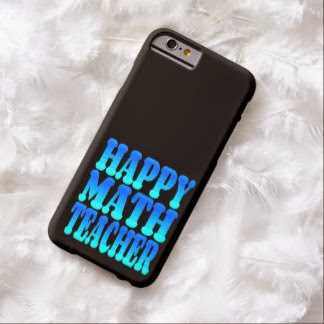As the talk progresses, Munroe receives an interesting question. The question regards the estimate of punch cards that Google goes though. Google is a company that releases limited information except what is expected from them. With research, Munroe comes up with a staggering number of punch cards. The estimated amount would cover the region of New England that would rise 3 times higher than the glaciers height during the last Ice Age. I'm not sure how others reacted to these findings, but I know my mind was blown. Interesting enough, Google ended up hearing about these findings and sent Munroe punch cards in which a code was needed to define what the punch cards held as a message. Instead of ruining the talk for my audience, check out the video for yourself included here.
After watching the talk, I started to think about this concept of punch cards. To those that are not within the Computer or Mathematics world, it would come as a surprise to some that mathematics plays an important role in encryption. I, for one, have never done much work with coding or encryption but the idea is rather enticing. My mind started to wander on how great this would be for students to get intrigued by math. There have been many articles and research done for the idea of starting class with an interesting concept to bring students into the math world. For starters, it might be interesting to see if codes could be used at the beginning of class to introduce concepts or topics that will be covered that day or that week. Or there could be an elongated code that goes across multiple days in which the students gain knowledge about specific hints that they would find useful for the topic that has been chosen for that week or however long the lesson is planning to take.
As I progress through my education, I either learn or find ways in which math becomes "easier" in a way. Or I find a way to connect my earlier teachings of mathematics to my teachings now or the way that I plan to teach a concept or topic to my students. A goal that I have always had was getting the people around me to enjoy mathematics instead of being scared of it. This might be one of those ways. By presenting mathematics as a secretive concept, there is a chance that it will involve some of those who have distanced themselves away from it. The best part about this is that the equations that can be involved in developing and solving these secretive codings are unlimited. They could stretch across all different age groups or concepts and involve all types of students no matter their learning styles.






